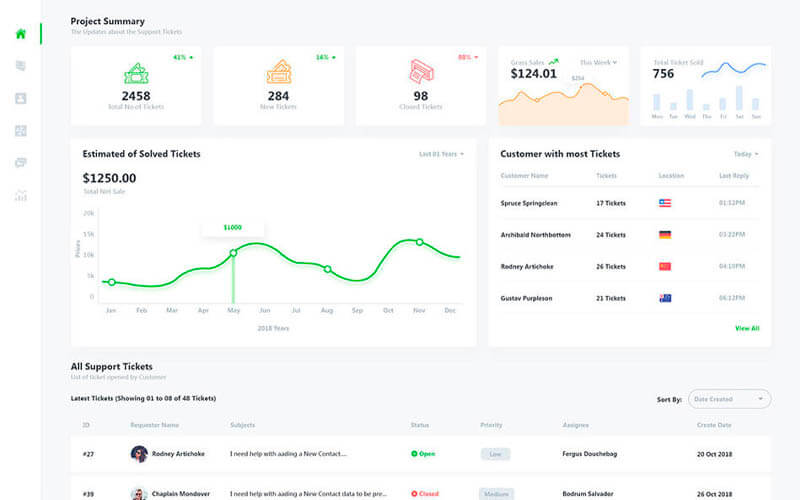Market research that provides strategic management, is a process where you regularly follow consumption habits, preferences and approaches to prices of your (potential) customers based on certain data. With market research, you collect data about the potential market of your product and prepare the ground for the best presentation. Every successful import and export plan begins with a rigorously researched market research.
Phase 1
- Sectoral analysis
- Trends and technology in the market
- Market segmentation
- Competitor analysis
- SWOT
- 4P / Product – Price – Place – Promotion
- Contact list
Phase 2
- Market entry strategies and roadmap
- Focus group studies
- Business development and sales management
- Creating a brand strategy
- Marketing strategies and management

Methodology
- 1
The main subject and objectives of the research are determined.
- 2
Related data are collected and analyzed.
- 3
Market research report is prepared.
- 4
A strategic road map is prepared for entering the market.
Strategic management plays an active role, from export planning to determining market entry strategies, analysis of consumer behavior and demands, and the creation of price policies. When you do market research, you will have information about the cultural, social, socio-economic, geographical and personal situations of your target customers. You can analyze whether there is a demand for your product or your competitors on this demand.

Strategic Management Processes
With market research, enterprises find answers to the key points of an enterprise such as strategic planning, market potential, decision making processes, new opportunities, cost-benefit analysis, marketing processes, risk reduction, problems and difficulties. If we consider these titles;
- Strategic Planning: It plays an important role in the development of planning, finance, distribution and product development. It provides support in determining the strategies for the market, product or customer you will export or import.
- Market Potential: Estimating the demand for any product or service in an international market is one of the key elements of strategic and financial planning. A good market research allows companies to make a realistic analysis of the strengths of their products and services in Competitive markets.
- Decision Making Process: Market research helps managers decide which market, when and with which strategy. It helps to make risky decisions that cause expensive mistakes and prevent potential threats.
- New Opportunities: Market research offers new opportunities to discover products and services. It provides the necessary data and information flow to evaluate potential opportunities and choose the most suitable one.
- Benefit Cost Analysis: Every business decision has benefits and costs to the company. Excellent market research shows how potential returns are balanced against risks and costs.
- Marketing Processes: Market research is used to determine the customer demands in the market and the products and services that meet these demands. It also provides information and data on comparison and product modification with competing products and services.
- Minimizing Risks: Market research data plays an active role in identifying potential risks and taking precautions in the target market, marketing wing or import and export processes.
- Problems and Challenges: Market research provides the necessary information and data to identify political, economic, local and cultural risks that may occur in target and potential markets.
How Do We Collect Data?
Strategic Management Data Types
- Primary Data: These are the sources that enable us to obtain research data with active research methods.
- Secondary Data: It is the extraction of research data from ready sources.
- Qualitative Data: Data and materials that are difficult to measure or impossible to quantify. Such data are obtained and interpreted through questions and experiences. In other words, it is data that we cannot get the answer numerically.
- Quantitative Data: Data collected, collected, calculated and interpreted by numerical data.
Data Sources
Primary Data Sources
- Studies
- Surveys
- Interviews
- Focus Groups
- Panels
Secondary Data Sources
- Internal Records
- In-House Experts
- External Sources
- External Experts